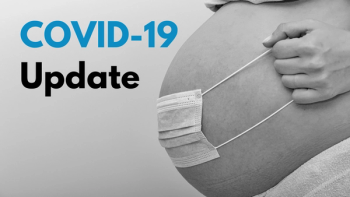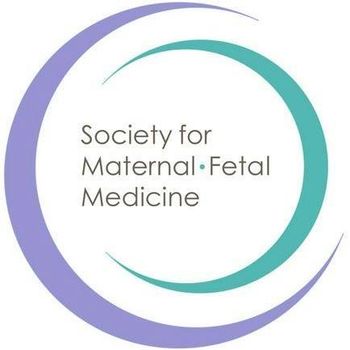
AstraZeneca announced that the Phase 3 trial of AZD1222 has been resumed following an adverse patient reaction.

AstraZeneca announced that the Phase 3 trial of AZD1222 has been resumed following an adverse patient reaction.

Telemedicine is rewriting the rules of care delivery.

Although myomectomy may prolong the operative time and the postoperative hospital stay, there are numerous potential benefits including avoiding a follow-up operation to remove uterine fibroids.

As the pandemic forces health care to adapt, virtual Well Woman visits can be offered as a safe approach to timely care.

Expanded carrier screening addresses limitations in historical ethnic-based screenings, including potential racial and ethnic bias.

This peer-reviewed article discusses the main causes of infertility, including tubal disease, uterine factor, cervical factor, and ovulatory dysfunction and anovulation.

During the pandemic, physician self-care and organizational efforts to protect physician wellbeing are vital to maintaining a healthy and able workforce, which in turn enables a strong response to the ongoing health crisis.

For the literature review, the authors searched PubMed, ScienceDirect and Embase for English language articles on drug resistance, with 58 articles for inclusion.

High-intensity focused ultrasound (HIFU) for the treatment of uterine fibroids may not significantly increase the risk of pelvic adhesions.

An overwhelming 84% of young women in the United States who reported using contraception chose their method based on factors other than provider recommendation, according to a survey.

The authors said bone health is an important issue for transgender women; however, results of bone status after gender-confirming surgery are conflicting.

Data is updated weekly based on data collected by the Centers for Disease Control and Prevention (CDC). Here's the latest:

Women with H. pylori infection were more likely to be older and have a higher body mass index (BMI) than those without H. pylori infection.

As detailed in the September issue, the Society for Maternal-Fetal Medicine (SMFM) is highlighting one of these situations: the role of activity restriction in obstetric management.

Little evidence supports the routine use of activity restriction for preterm birth and other obstetric conditions, and some data indicate adverse impact on obstetric outcomes.

Pregnant patients learning to navigate the world of genetic health now have access to an app that helps to explain chromosomes, conditions that prenatal screening can identify, and available testing options such as non-invasive prenatal testing (NIPT).

The authors reviewed studies with primary outcomes that were factors associated with unsuccessful pessary fitting and discontinuation in women with POP and 21 for final analysis.

Published as a promotional supplement to Contemporary OB/GYN.

With this issue we welcome three members to the distinguished editorial advisory board that has guided Contemporary OB/GYN since its inception.

Here’s the latest data, updated on September 3.

According a press release and a recent article from Drug Topics, AstraZeneca’s investigational vaccine candidate AZD12222 expanded into a phase 3 clinical trial.

This fall, the National Association of Chain Drug Stores (NACDS) will launch a national awareness campaign for flu vaccinations.

A new survey finds underinsurance to be a continuous barrier to health care.

An updated clinical report from the American Academy of Pediatrics (AAP) investigated whether breastfeeding could prevent certain allergies.

A new study in The Lancet: Child and Adolescent Health investigated the use of a machine-learning algorithm for neonatal seizure recognition.

Although everyone is eager to return to normal, it is important that it is done safely.

Senior Editor Angie DeRosa interviews Aleha Aziz, MD, an ob/gyn at Columbia University’s Irving Medical Center in New York. Dr. Aziz was one of many fellows involved with caring for patients during the peak of the COVID-19 pandemic in New York City earlier this year.

Contemporary OB/GYN is pleased to announce the addition of new members to its distinguished editorial board.

“We came together in a way that would’ve been unimaginable prior to the pandemic,” Dr. Aziz says.

Senior Editor Angie DeRosa sat down Drs. Bekkar, DeNicola, Pandipati and Abel to discuss findings from a recent study on the association with air pollution and heat exposure with adverse obstetrical outcomes, such as preterm birth and stillbirth.